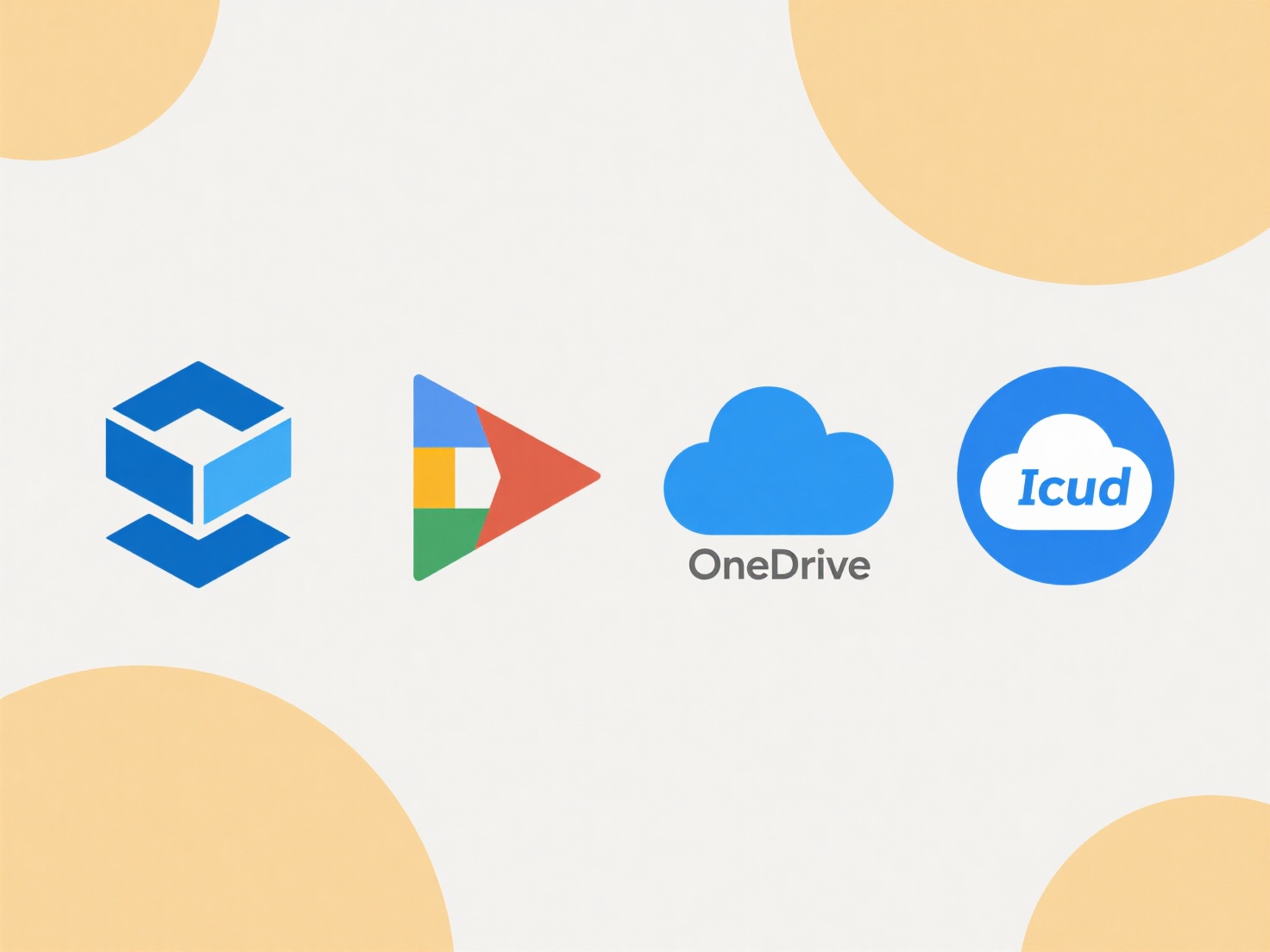
Yes, file access can be set to expire after a specific time. This feature, often called temporary access permissions or link expiration, automates the revocation of access rights to a file at a predetermined date and time. It differs from traditional permissions where access remains until manually removed, providing time-bound control without user intervention. The system automatically blocks viewing or downloading the file once the set expiry time passes.
Common implementations include cloud storage services like Google Drive or Dropbox, where users sharing a file can set an expiry date for the shared link. Secure file transfer platforms also frequently use this, automatically deleting the file or disabling its download link after 7 days, for instance. Businesses leverage it for sharing sensitive documents such as contracts or payroll information externally, ensuring access doesn't linger indefinitely.

The primary advantage is enhanced security and compliance, reducing the risk from stale links. Limitations include potential sync delays in enforcement and users downloading the file before expiry. Ethically, it prevents unintended prolonged access but may cause disruption if legitimate users are blocked unexpectedly. Adoption is growing with features increasingly integrated into enterprise collaboration tools and operating systems. Future enhancements may include more granular conditional access policies based on user context.
Can I set file access to expire after a certain time?
Yes, file access can be set to expire after a specific time. This feature, often called temporary access permissions or link expiration, automates the revocation of access rights to a file at a predetermined date and time. It differs from traditional permissions where access remains until manually removed, providing time-bound control without user intervention. The system automatically blocks viewing or downloading the file once the set expiry time passes.
Common implementations include cloud storage services like Google Drive or Dropbox, where users sharing a file can set an expiry date for the shared link. Secure file transfer platforms also frequently use this, automatically deleting the file or disabling its download link after 7 days, for instance. Businesses leverage it for sharing sensitive documents such as contracts or payroll information externally, ensuring access doesn't linger indefinitely.

The primary advantage is enhanced security and compliance, reducing the risk from stale links. Limitations include potential sync delays in enforcement and users downloading the file before expiry. Ethically, it prevents unintended prolonged access but may cause disruption if legitimate users are blocked unexpectedly. Adoption is growing with features increasingly integrated into enterprise collaboration tools and operating systems. Future enhancements may include more granular conditional access policies based on user context.
Quick Article Links
How should I name log files that update daily?
Daily log file names should clearly indicate both content and generation date to maintain chronological organization. Co...
What is a .json file used for?
A JSON (JavaScript Object Notation) file is a lightweight, text-based format used for storing and exchanging data. It st...
How do I save files to Google Drive or Dropbox?
Saving files to Google Drive or Dropbox involves uploading documents to their cloud storage services. Google Drive is Go...